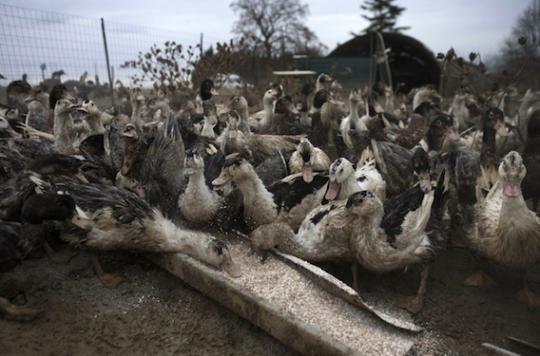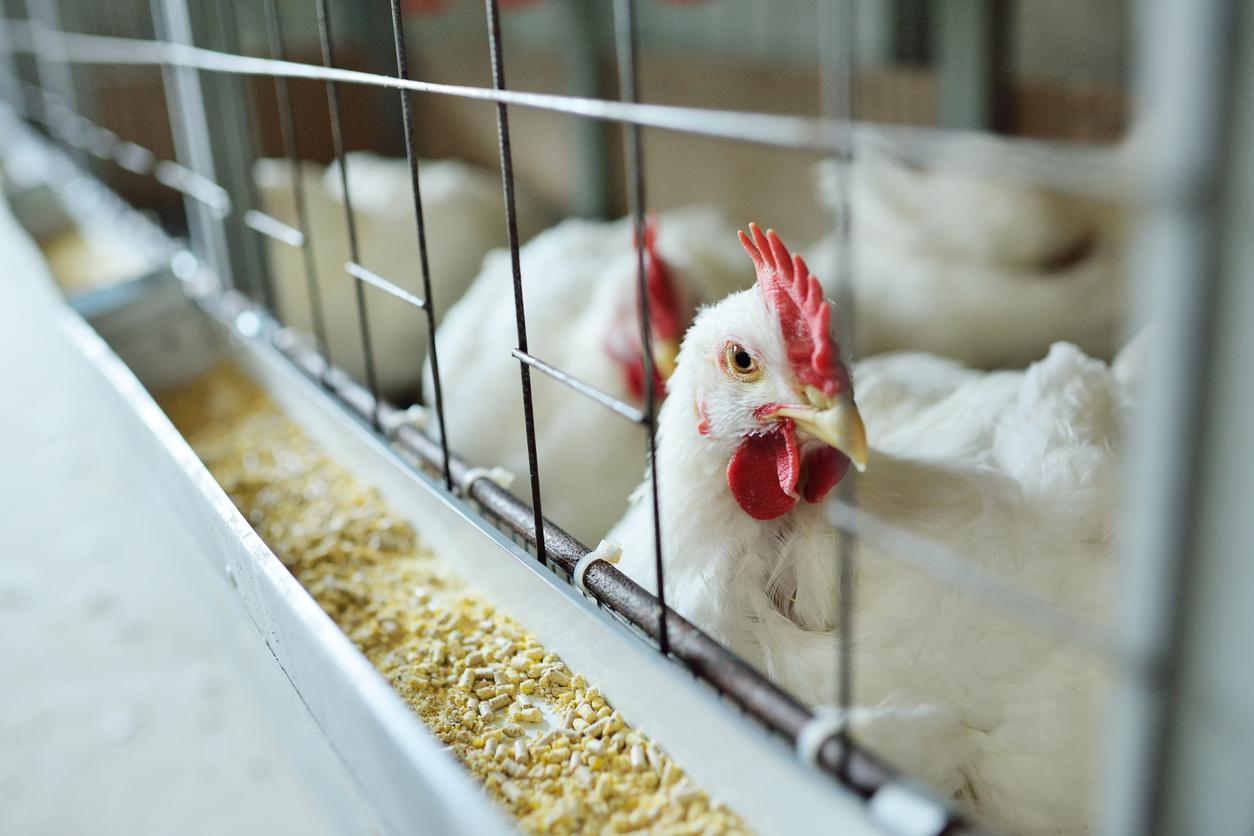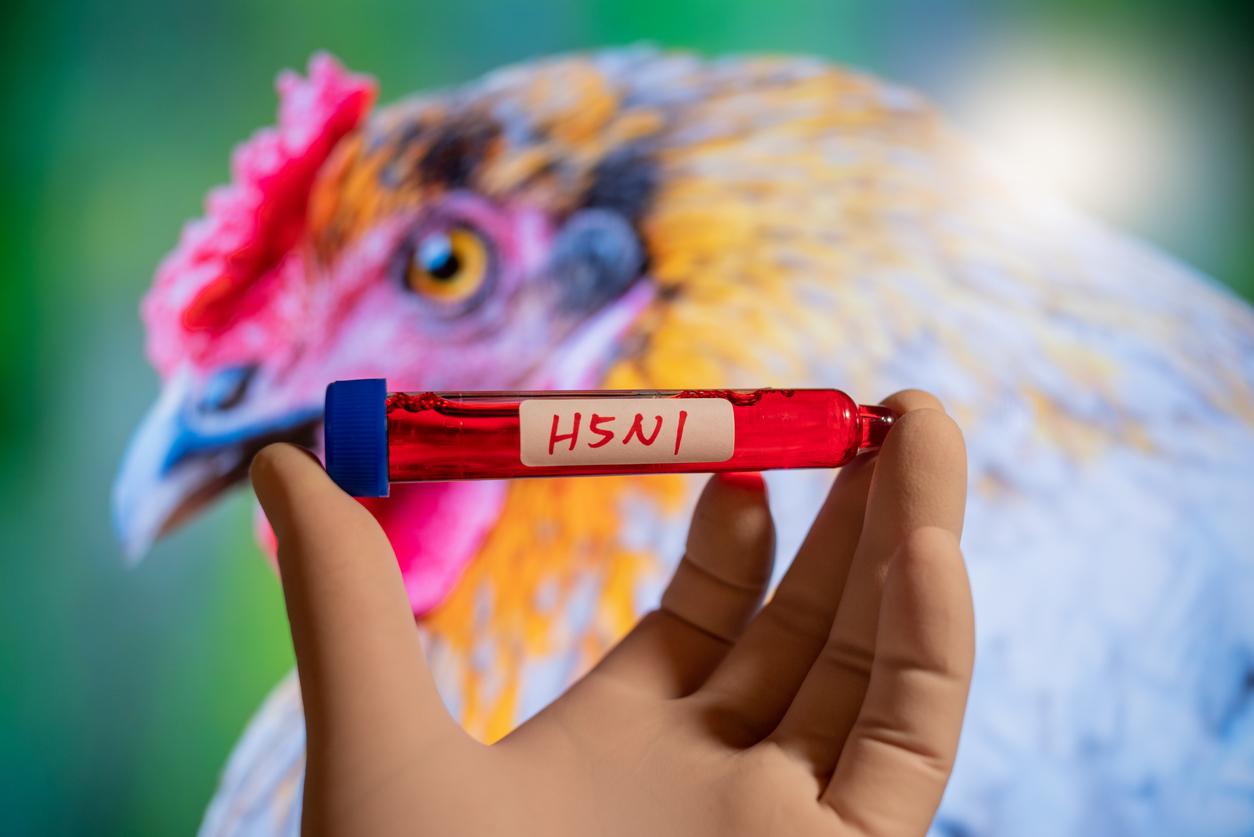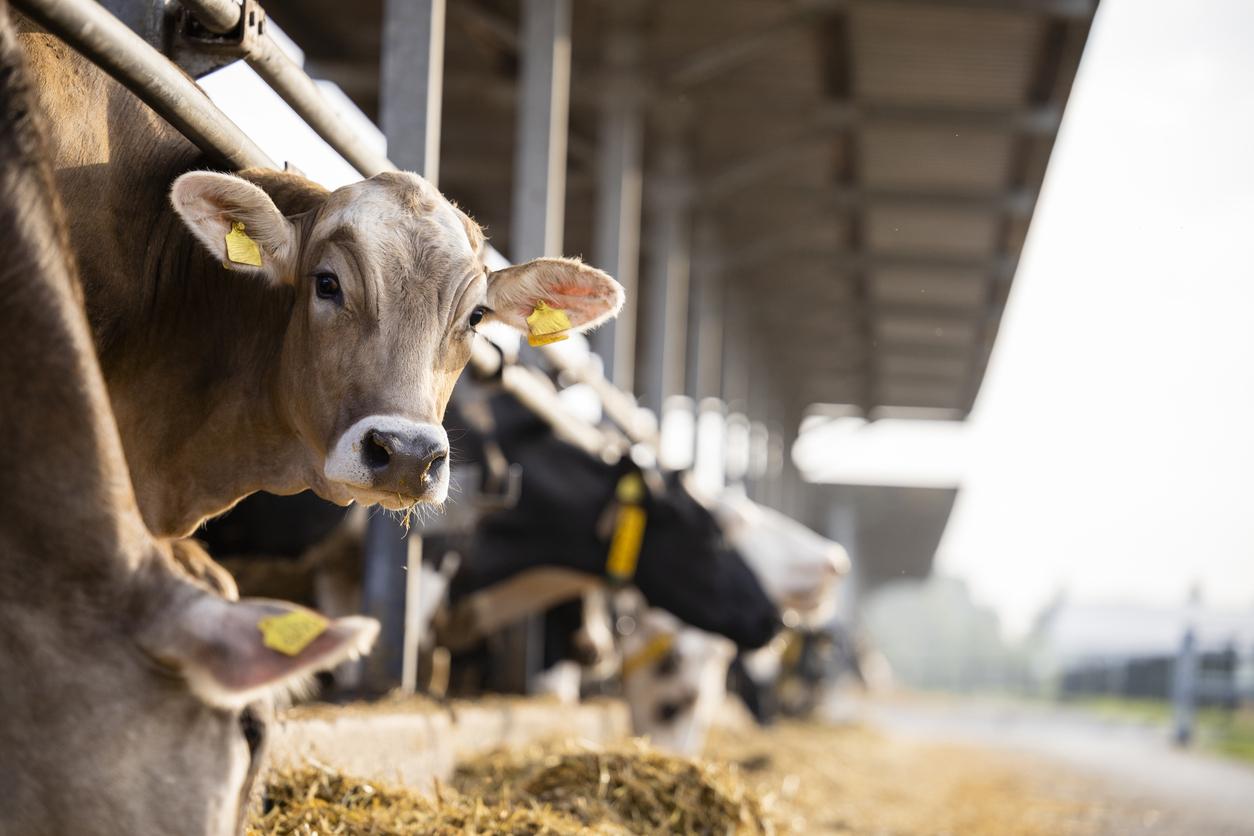In 3 weeks, 42 foci of avian influenza were detected in the South-West of France. However, the consumption of foie gras, poultry and eggs is not discouraged.

For 3 weeks, bird flu has been spreading in the South-West of France. Currently, 42 outbreaks have been identified in 6 departments (Dordogne, Landes, Gers, Haute-Vienne, Pyrénées Atlantiques, Haute Pyrénées). The epizootic has spread to duck, chicken, geese and guinea fowl farms. In these, 3 different strains of avian influenza have been identified as highly pathogenic for poultry (H5N1, H5N2 and H5N9).
As a precautionary measure, all the animals on the farms affected are slaughtered – nearly 100,000 animals in total – and surveillance and protection perimeters are set up around the farms. Because, bird flu viruses can be transmitted to other farmed or domestic animals and in some cases to humans.

“However, transmission to humans is extremely rare, it requires an exceptional epidemiological context (transmission by the respiratory route, in a confined atmosphere with infected birds, particular characteristics of the virulence of the virus)”, explains the Ministry of Agriculture. on his website. Nevertheless, the breeders concerned are closely monitored by experts from the National Agency for Food, Environmental and Occupational Health and Safety (ANSES).
The Agency states, in his report submitted on Monday, December 14, that the H5N1 virus poses no risk to human health. Indeed, the sequencing carried out by ANSES shows that it is not an Asian strain, solely responsible for cases in humans until today. Therefore, the consumption of foie gras, poultry or eggs does not present any danger.
.

















